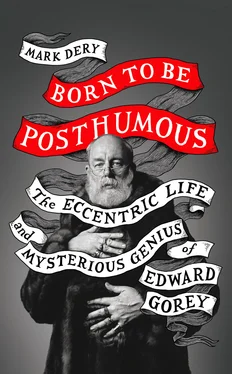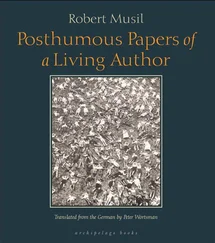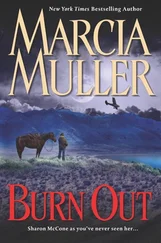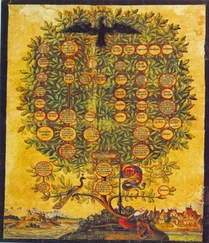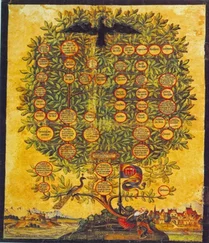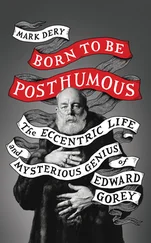1 ...7 8 9 11 12 13 ...29 In later years, Gorey would structure his everyday life through unvarying routines, some of them so ritualized they bordered on the obsessive-compulsive. It’s hard not to see them as a response to the rootlessness of his early years—existential anchors designed to tether a self he often experienced as unmoored, disconcertingly “unreal,” given to “drift.” Compulsive in the colloquial if not the clinical sense of the word, Gorey’s daily rituals may have provided a reassuring predictability, and thus a sense of stability, to a man marked by the frequent, never-explained disruptions that kept yanking the rug out from under him during his childhood.
Looking back from the age of seventy, he still couldn’t make sense of his family’s apparently arbitrary movements around the city. “I never quite understood that. I mean, at one point I skipped two grades at grammar school, but I went to five different grammar schools, so I was always changing schools … which I didn’t like. I hated moving and we were always doing it. Sometimes we just moved a block away into another apartment; it was all very weird.” 27
In 1933, the Great Depression hung on the mental horizon like a thunderhead, darkening American optimism. It was the year the economy hit rock bottom, with one in four workers out of a job. And then there was the waking nightmare of the kidnapping of the Lindbergh baby. A year ago that May, a horrified nation read the news of a truck driver’s accidental discovery of the infant’s badly decomposed body, partly dismembered, his head bashed in. Charles Lindbergh was one of the most famous people in the world; the child’s abduction on March 1, 1932, and the unfolding story of the Lindberghs’ fruitless negotiations with the kidnapper, mesmerized America, as did the manhunt that followed the gruesome discovery of Baby Lindy’s remains.
Ted couldn’t have been oblivious to the crime of the century, as the papers dubbed it. Maybe he followed the unfolding horror story in the Chicago Daily News , as his soon-to-be high school classmate Joan Mitchell did: the baby snatched from his bed in the dead of night; the creepy, barely literate ransom note (“warn you for making anyding public or for notify the Police”). 28Mitchell was sick with fear that bogeymen would spirit her away, too. And not without reason: her family was well-to-do, and Illinois, in the Depression years, was ground zero for kidnappings. Ransom payments from the rich were low-hanging fruit for gangsters, who grabbed more than four hundred victims during 1930 and 1931 alone, more than in any other state in the nation. 29The abductions in Gorey’s little books—Charlotte Sophia carried off by a brute in The Hapless Child , Millicent Frastley snatched up by man-size insects in The Insect God , Eepie Carpetrod lured to her doom by the serial killers in The Loathsome Couple , Alfreda Scumble “abstracted from the veranda by gypsies” in The Haunted Tea-Cosy —may be post-traumatic nightmares reborn as black comedy.
Gorey’s awareness of the horrors of everyday life may have been heightened by his father’s experiences as a crime reporter, too. By the time Ted was born, Ed Gorey was covering politics, but it’s not inconceivable that the younger Gorey overheard his father reminiscing about his days on the police beat, writing stories like the ones Ben Hecht filed at the Chicago Daily Journal —gruesome fare such as the tale of a “Mrs. Ginnis, who ran a nursery for orphans in which she murdered an average of 10 children a year,” and the one about the guy who dispatched his wife, lopped off her head, and “made a tobacco jar of its skull,” as Hecht recalled. 30Then, too, as a newspaperman, Ed Gorey would have been a voracious reader of the dailies; it’s easy to imagine his son riveted by the big black headlines screaming from his father’s morning paper, never mind its lurid front-page photos. Could Ted have acquired his appetite for true crime at the breakfast table? The imperturbable voice in which he narrates his tales of fatal lozenges, deranged cousins, and loathsome couples sounds a lot like a poker-faced parody of police-beat reporting, with its terse, declarative sentences and just-the-facts deadpan.
At the same time, there’s no denying the echoes, in his “Victorian novels all scrunched up,” of nineteenth-century fiction, with its whispered intrigues and buried scandals. His vest-pocket melodramas owe a debt, too, to what were known in Victorian England as penny dreadfuls or shilling shockers—cheap, crudely illustrated booklets featuring serialized treatments of unfolding crime stories. And then there were the detective novels Helen and Ed Gorey read by the bushel. “Both my parents were mystery-story addicts,” Ted remembered, “and I read thousands of them myself.” 31Agatha Christie, Ngaio Marsh, Margery Allingham, and Dorothy L. Sayers left their imprint on Gorey’s imagination—Christie’s books especially, with their characteristically English blend of snug domesticity and penny-dreadful horrors. “Sinister-slash-cozy,” Gorey called it. 32
Christie became the infatuation of a lifetime, and her take on the tea-cozy macabre is a pervasive influence. Gorey’s devotion to the Queen of Crime was absolute, impervious to the passage of time and undeterred by snobbish eye rolling. “Agatha Christie is still my favorite author in all the world,” he said when he was pushing sixty. 33By the time he’d reached seventy-three, he’d read every one of her books “about five times,” he reckoned. 34Her death left him desolate: “I thought: I can’t go on.” 35
On top of all that, he grew up in Prohibition-era Chicago—Murder City, in newsroom patois. For much of Gorey’s childhood, Al Capone and his adversaries made the mental life of Chicagoans look like one of those spinning-headline montages in period movies. The horror of bloodbaths like the Saint Valentine’s Day Massacre, in which hit men lined gangsters up against a garage wall and raked them with machine-gun fire, reverberated in the mass imagination.
Given the time and place he grew up in, and his father’s days on the police beat, it’s hardly surprising that Gorey, asked why “stark violence and horror and terror were the uncompromising focus of his work,” replied, “I write about everyday life.” 36
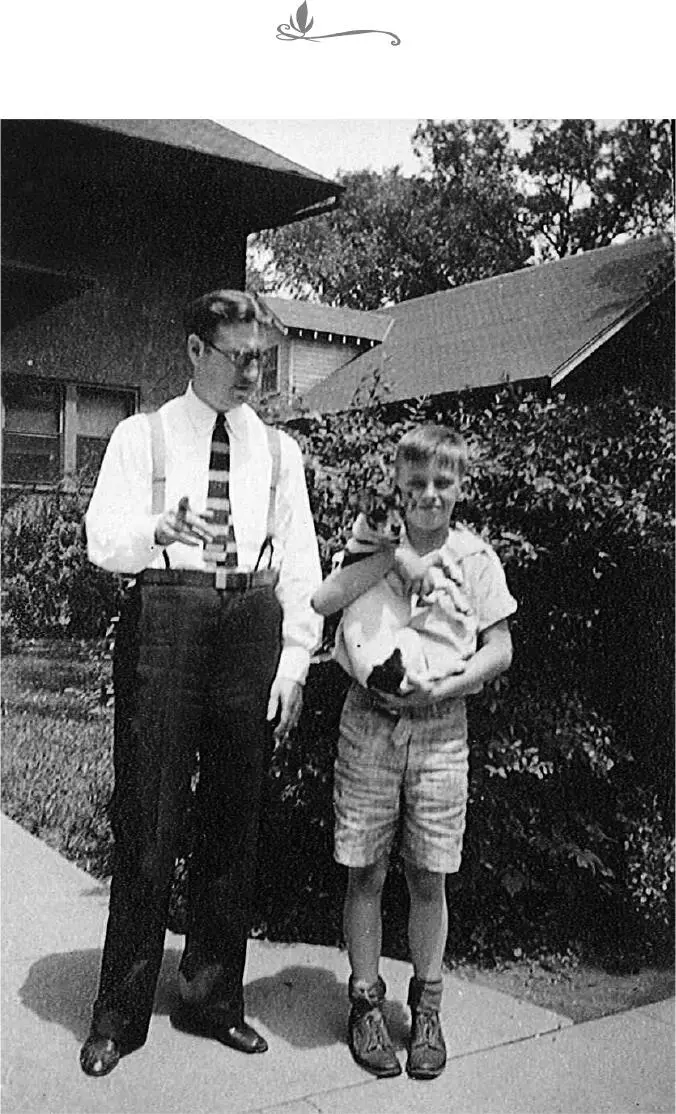
Ted with his father, Edward Leo Gorey, in Wilmette, Illinois, circa ’34–36. Gorey is somewhere between nine and eleven.
(Elizabeth Morton, private collection)
Sometime around April 16, 1934, the Goreys moved from 1256 Columbia Avenue, in the North Side neighborhood of Rogers Park, to the snug, tree-shaded North Shore suburb of Wilmette. (Little is known about Ted’s time on Columbia Avenue beyond the fact that he spent fourth grade at Joyce Kilmer Elementary School, a short walk from the Goreys’ red-brick apartment building, and that he received straight Es—for “excellent”—on his progress report.) 37
This change of address was weirder than most, since his father had just landed a new job, not in Wilmette but in downtown Chicago. In 1933, he’d reinvented himself as publicity director of two luxury hotels, the Drake and the Blackstone. Both were bywords for elegance, playing host to champagne-by-the-jeroboam high rollers, backroom deal makers, and even presidents. Why Gorey’s father moved his family farther from his workplace, to the suburbs north of the city, is a puzzler.
Maybe he wanted a better life for his family, a piece of the gracious living advertised by North Shore realtors. The Goreys’ rental was “a cube shaped elephant grey stucco house” at 1506 Washington Avenue in West Wilmette, with “an upstairs sunroom that managed to have windows on all four sides,” as Ted recalled it. 38In the fall of ’34, he enrolled in the sixth grade at Arthur H. Howard School, a cross between an elementary and a junior high school that spanned kindergarten through eighth grade. He was nine years old. How he managed the trick of skipping fifth grade we don’t know; presumably, he tested out of it. As in Bradenton, Ted fit right in. “He does very superior work … with apparent ease, and socially he is well adjusted,” his homeroom teacher, Viola Therman, noted on his spring ’35 report card. 39She was, she wrote, “anxious to see what he will accomplish with an activity program in the form of the puppet play [he is] now planning”—a revealing aside in light of the puppetlike nature of Gorey’s characters and his fascination, near the end of his life, with puppet shows, which he staged in Cape Cod theaters with his hand-puppet troupe, Le Théâtricule Stoïque.
Читать дальше
